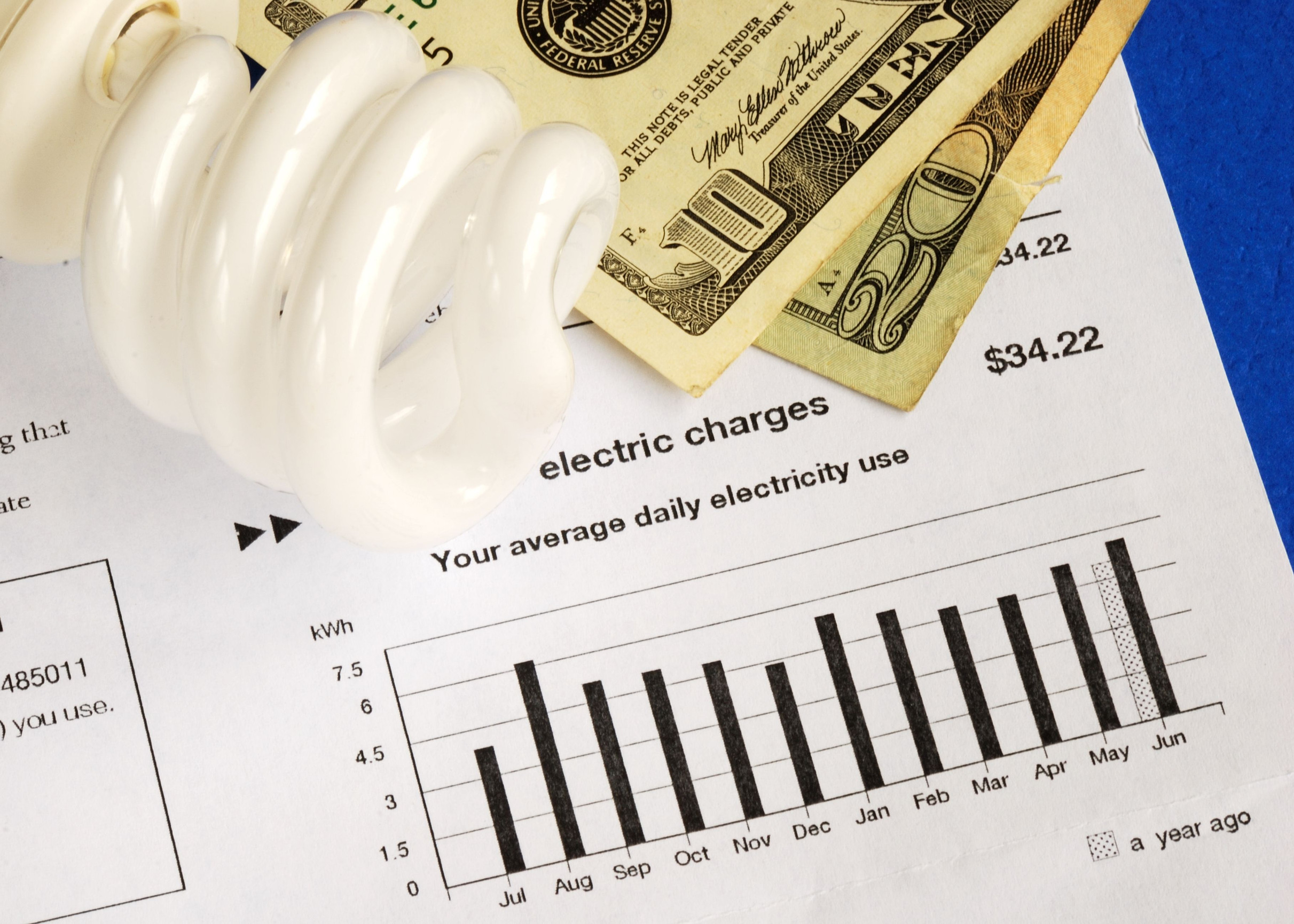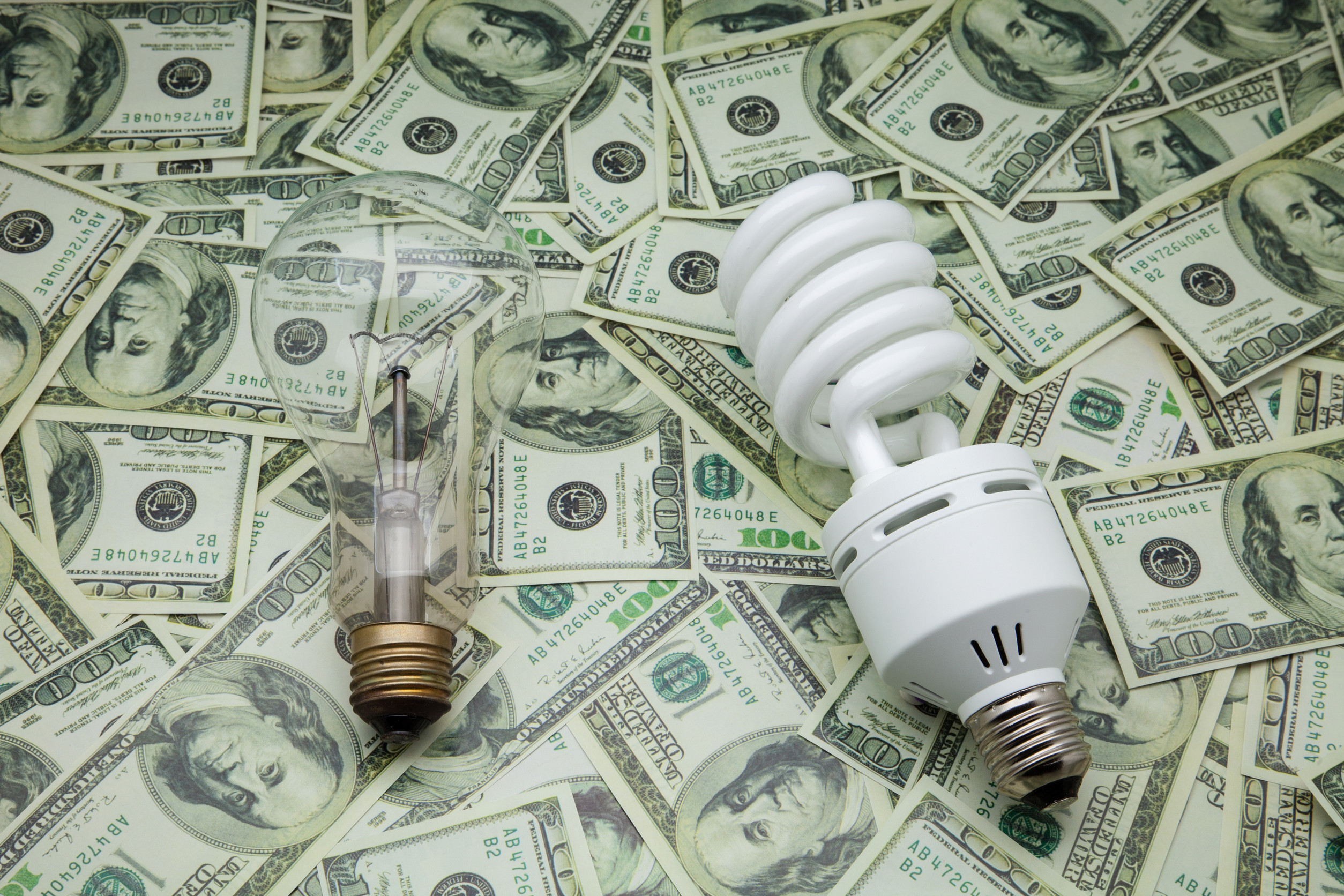Receiving a utility bill isn’t something most people look forward to, but not getting one at all can feel just as unsettling—especially if you know you’ve used electricity.
When you move into a new apartment, weeks might turn into months, and still an electric bill might not ever show up. At first, you might assume it is a clerical delay. Then you may start to wonder if you missed a step or if something is wrong.
If you ever find yourself in this situation, there are ways to handle it in a responsible and stress-free way.
Step One: Don’t Assume You’re Off the Hook
It can be tempting to think that no bill means free electricity, but that assumption can come back to bite you later. The utility company will eventually notice the billing gap, and by then, the charges might have piled up.
In some cases, not receiving a bill could be due to an administrative error, a previous tenant’s account still being active, or a miscommunication during your move-in process. It’s better to be proactive than to be surprised by a large backdated invoice. Take initiative, even if it seems like things are working in your favor for now.
Step Two: Contact the Utility Company Directly
The fastest way to get to the bottom of the issue is to contact the utility company that services your address. Ask them to check if there’s an account listed under your name or your unit number. If there’s no account, you’ll want to create one immediately to avoid future issues.
If an account does exist but is under a previous tenant or your landlord, request clarification and offer to update the details. Clear communication at this stage can prevent major misunderstandings or legal disputes down the line.
Step Three: Review Your Lease or Rental Agreement
Your rental contract may already have details about how utilities are handled. In some buildings, electricity might be included in your rent—especially in older or multi-unit dwellings. However, it’s not uncommon for landlords to forget to mention this during the move-in process or for tenants to misread what’s covered.
Look for any fine print about electricity, utility providers, or service responsibilities. If electricity is your responsibility but isn’t being billed, it’s still on you to make sure the account gets properly set up.
Step Four: Keep a Record of Your Actions
Whenever you’re dealing with utilities, housing, or anything that might result in a future dispute, it’s wise to keep a paper trail. Save emails, take notes during phone calls, and log the names of any representatives you speak with. This kind of documentation can be a lifesaver if you’re ever charged for months of service all at once or accused of neglecting your responsibilities.
Even if the issue seems small now, a detailed record gives you peace of mind and a safety net. Responsible handling includes proving you tried to handle it responsibly.
Step Five: Monitor Your Usage and Budget Accordingly
Just because you’re not being charged today doesn’t mean you won’t be tomorrow. Keep track of your own electricity usage as if you were receiving a bill. Use online calculators or smart plugs to estimate how much energy your household is consuming. This will help you prepare for any retroactive charges if the utility company eventually sends a lump-sum bill.
Staying aware of your consumption is also a great habit for energy conservation and monthly budgeting.
Step Six: Understand Legal and Financial Implications
In some states or regions, utility theft or improper billing—whether intentional or not—can result in fines or other penalties. That doesn’t mean you’ll be in serious trouble if you simply didn’t receive a bill, but the longer it goes unresolved, the more complicated it can get.
If you learn that you’ve been using electricity without an account in your name, it’s important to get it corrected before legal steps are taken. Often, utility companies are more than willing to work with you if you show a willingness to pay. Avoid letting the situation escalate into a collections issue that could affect your credit score.
Step Seven: Talk to Your Landlord or Property Manager
If you rent, your landlord may have additional insight into the situation. They might be receiving the bills and forgetting to pass them on—or, they may have forgotten to set up utility transfers when you moved in. It’s best to approach them respectfully and ask for clarity on how electricity is handled in the building. They might need to contact the utility company themselves to authorize changes. Being transparent and collaborative often leads to quicker, smoother resolutions.
Step Eight: Set Up Autopay or Reminders Once It’s Fixed
Once you finally get everything sorted out, don’t let the issue repeat itself. Set up an online account with the utility company and choose autopay if it’s available and convenient for you. Alternatively, set a monthly reminder to check your bill and ensure it’s arriving on time.
Consider going paperless if you’re worried about missing mailed bills. Staying on top of things helps you maintain a good relationship with your utility provider and ensures you’re never blindsided again. The goal is to shift from reactive to proactive.
Step Nine: Share Your Experience With Others
You’re not the only person who’s gone through this—and sharing your story might help someone else avoid confusion or financial trouble.
Whether it’s a post on social media, a message in your building’s group chat, or a conversation with friends, talking about your experience can raise awareness. People often assume utility billing is seamless until it isn’t.
If more renters and homeowners compared notes, fewer of us would end up in situations where we’re months deep without a single bill. Your story could be the heads-up someone else desperately needs.
Handle Your Bills Quickly And Regularly
Not receiving an electric bill might seem like a blessing in disguise, but in reality, it’s a signal to take action. Whether it’s a simple oversight or a bigger issue in the billing system, your responsibility as a tenant or homeowner doesn’t disappear. Be proactive, ask the right questions, and take steps to resolve the situation before it spirals into something much larger.
Have you ever been in a similar situation? What did you do to handle it correctly? Let us know so others don’t have to deal with the same headache.
Read More
Top 5 Culprits of High Utility Bills
Millennials Secret to Managing Utility Bills and Monthly Property Costs



Leave a Reply